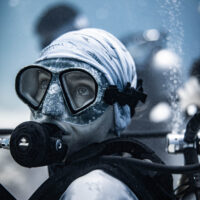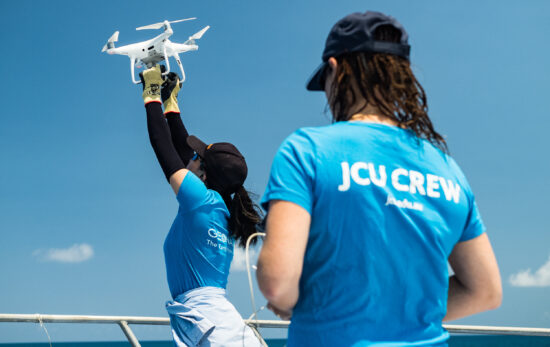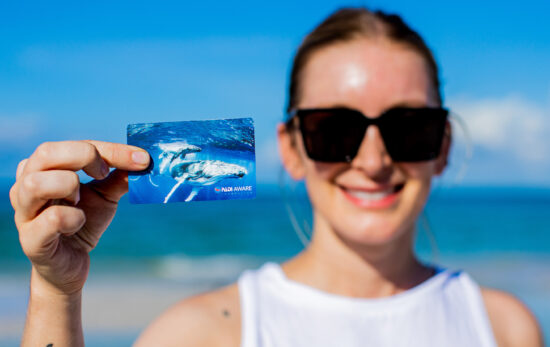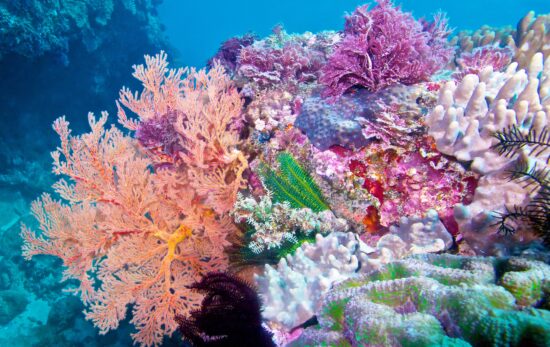Becoming a certified diver allows you to explore an extra 70% of the world. Divers from all over the globe claim that diving has changed their life in some sort of way. After becoming a diver, you might notice yourself making personal lifestyle changes or you might even pick up on some new hobbies. Having hobbies in, on, or near the water can really help divers stay connected with the underwater world, while also learning more about it.
Let yourself escape the constant pressure to be ‘always on’. Diving and finding hobbies that revolve around our amazing blue planet can help you Live Unfiltered. Here are 7 bonus hobbies some divers decide to pick up after learning to dive.
1. Underwater Photography
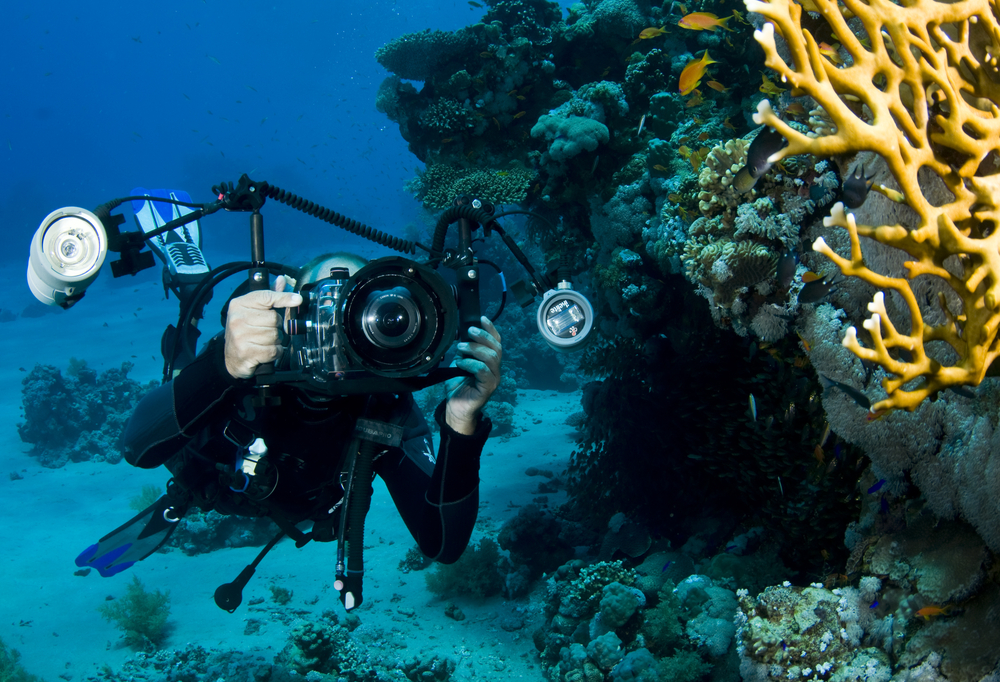
When you become a certified diver, you start to realize how beautiful the underwater world is. You’ll start exploring unbelievable dive sites and have endless encounters with marine life. As a diver, there is always a story waiting to be told! Many divers choose to get into underwater photography as a bonus hobby because it’s a way for them to share their dive story.
If you think you’d be interested in a hobby like this, don’t feel like you have to purchase an expensive camera right away. Start small and work your way up, whether that means purchasing an underwater housing case for your smart phone or using a GoPro. These cameras are great, especially if you’re new to underwater photography. Also, you’ll be able to see if it’s the right hobby for you.
To help you avoid beginner mistakes and shorten the learning curve with tips from the pros, you can even enroll in the PADI Digital Underwater Photographer course. Underwater photography is an amazing way to share your dive experiences with friends and family while also doing what you already love, diving.
2. Coral Reef Restoration
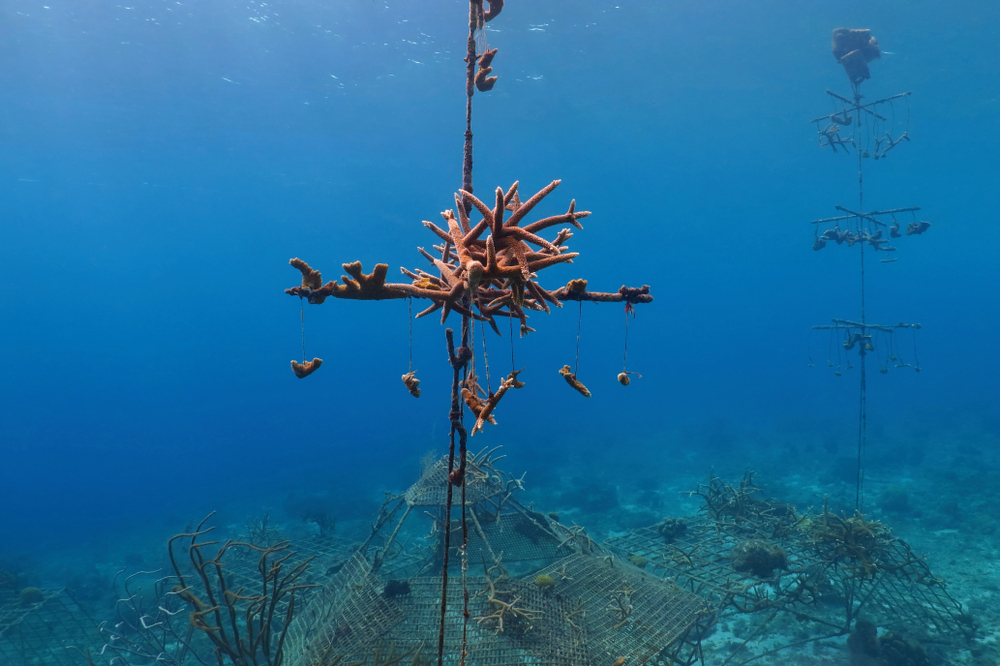
If you weren’t already someone that cared about ocean conservation, wait until you become a diver! Diving and exploring what’s beneath the surface changes a lot of peoples perspective on life. As a diver, you’ll begin to realize that the ocean depends on our protection. Coral reef restoration is a great hobby that some divers decide to pick up.
Coral reef restoration is the practice of rebuilding self-sustaining coral reefs through ‘gardening’. Growing and planting corals helps improve the overall health of coral reef ecosystems. Restoring coral reefs means providing fish habitats, recreation, and protection for coastlines. Some divers take this on as a job, while others enjoy volunteering and doing it as a hobby. In order to take part in something like this, you would need to make sure you have the right qualifications. To start, we recommend taking the PADI Coral Reef Conservation course which provides the knowledge base for proper interaction while touring a reef.
3. Cleaning Marine Debris
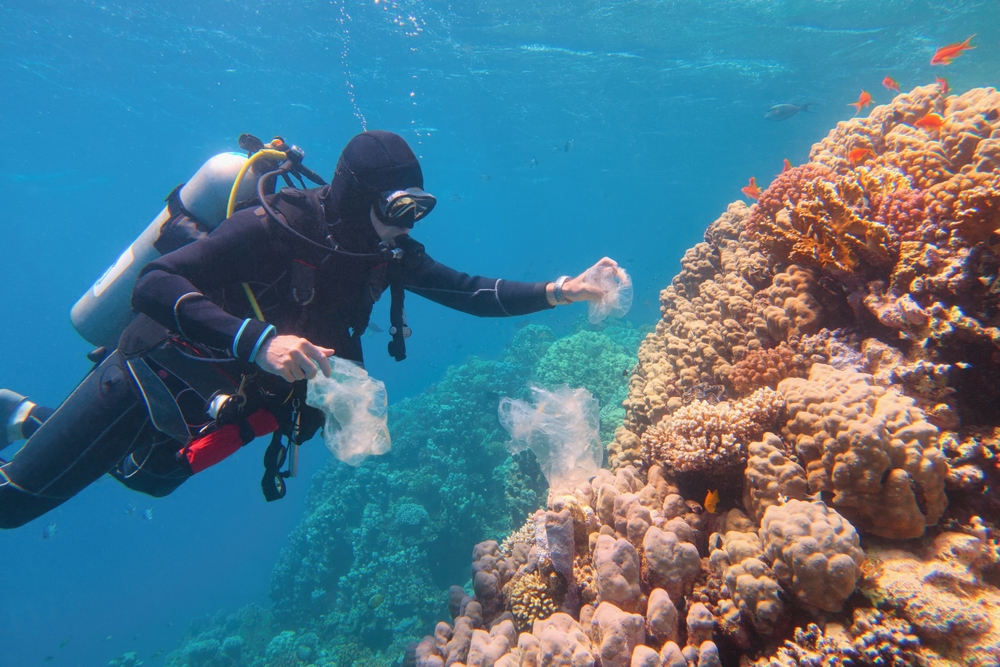
Coral reef restoration isn’t the only hobby that involves helping to save the ocean. There are numerous hobbies divers can pick up that focus on ocean conservation. During dives, you might notice that there’s a lot of plastic and debris floating around. Cleaning up marine debris is a great hobby to have as a diver, leaving a positive impact on the environment.
It’s important to know that we still have to be very careful doing this as a hobby. Safety is your primary consideration when removing marine debris. If you are unsure if it is safe for you or the marine habitat to remove an item, leave it in place. We recommend reading more about safely removing marine debris and enrolling in the PADI AWARE Dive Against Debris Specialty course!
4. Collecting Sea Glass or Shark Teeth
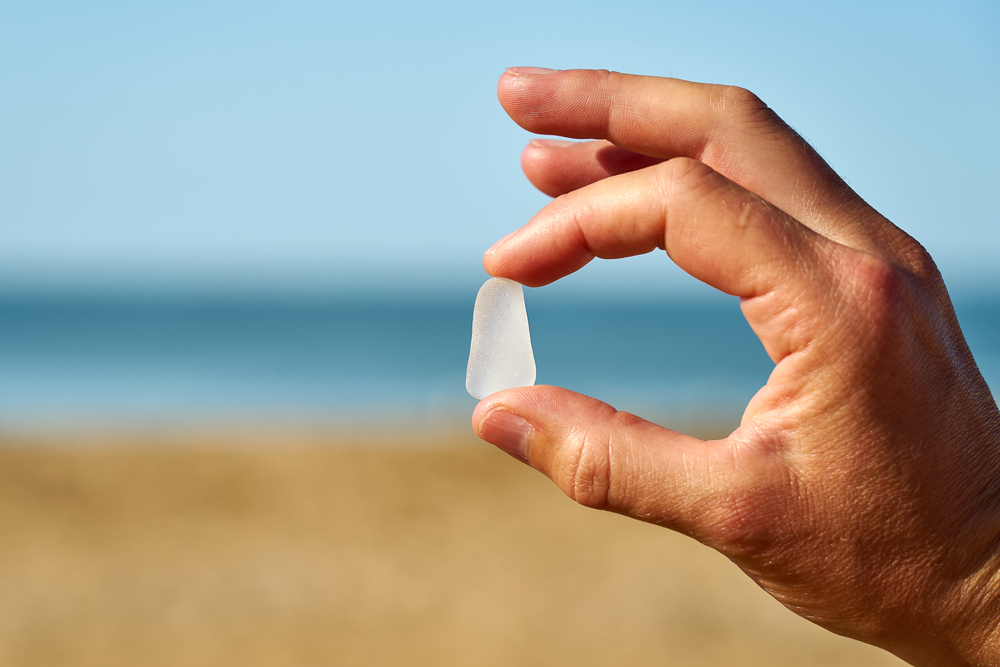
If you love decorating your house with ocean treasures or creating unique pieces of jewelry, this hobby might be for you. We recommend leaving seashells behind because there’s always marine life looking to move into a new home. That being said, many divers have switched to sea glass and shark teeth. Collecting sea glass and shark teeth has become a very popular hobby over the last few years. Some divers really enjoy decorating and/or crafting with sea glass and shark teeth because it’s a way for them to display their love for the ocean.
5. Swimming
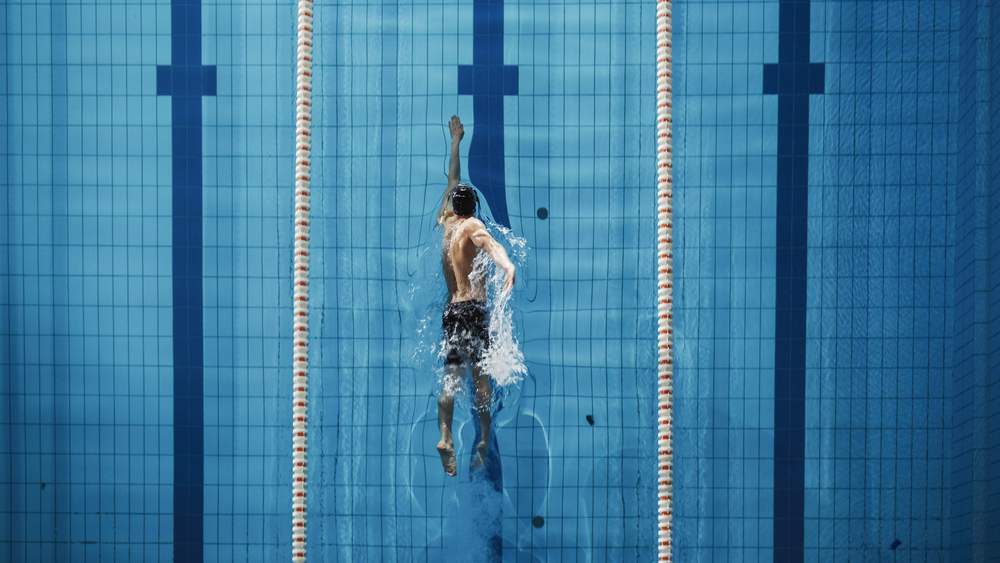
Swimming is a great cardiovascular exercise that helps improve your endurance and heart rate. It is important for divers to stay physically active, especially when they’re not diving regularly. Swimming is a hobby many divers like to incorporate into their fitness routine. It keeps them in good shape and prepares them for any upcoming expeditions, without feeling completely exhausted. It’s also another great hobby if you’re just looking to spend more time in the water. Being in the water, whether you’re swimming or just floating, is an amazing way to relax and get your ‘blue mind’ on.
6. Snorkeling
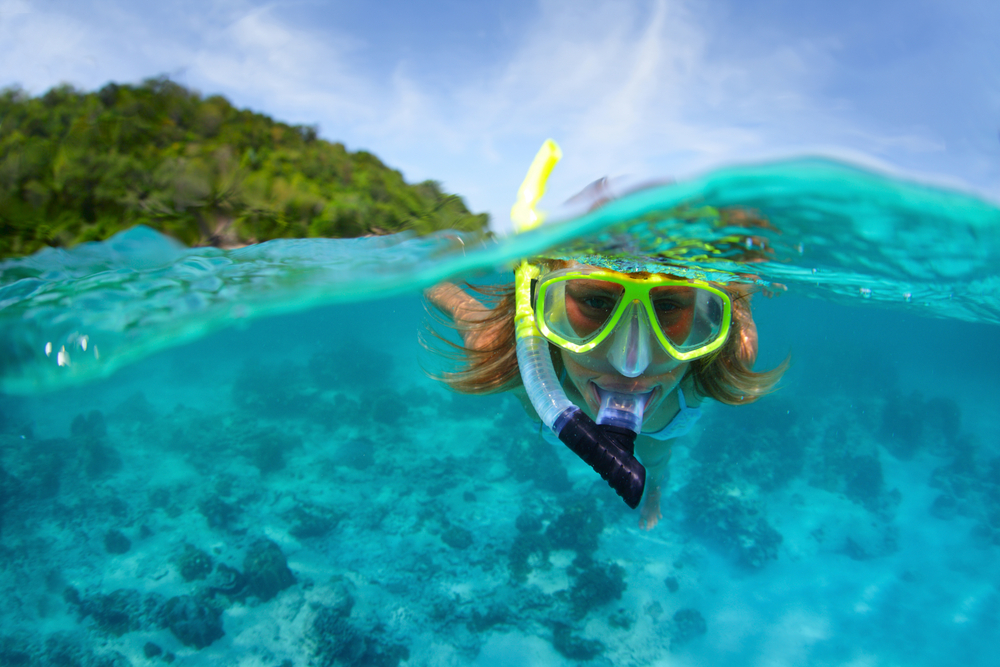
Sometimes you might have things come up we’re you’re unable to plan a full dive trip. This doesn’t mean you can’t grab a mask and snorkel! Snorkeling is a great hobby to have because it allows you to quickly dive in to say hello to the underwater world, using minimal equipment. You can still have unbelievable marine life encounters while snorkeling. This hobby can be done anytime you’re near the water, whether that means you’re on vacation or you need to get out of the house to get some extra ‘vitamin sea’.
7. Yoga and Breathwork
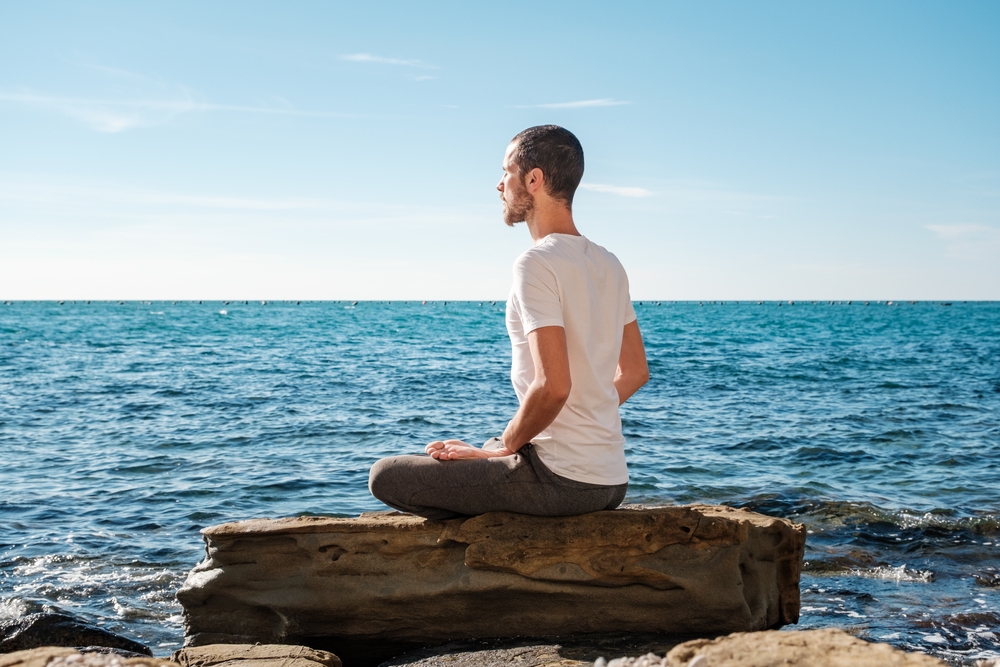
We just mentioned how good swimming is for your endurance and heart rate. Well, another hobby divers enjoy is the relaxation of yoga and breathwork. Establishing connection between the breath and the mind is important for maintaining a healthy and balanced life. Both freedivers and scuba divers benefit from yoga and breathwork because it teaches them proper breathing techniques. No matter what level you are at as a diver, staying relaxed and recovering properly is important for everybody.
Other Common Hobbies
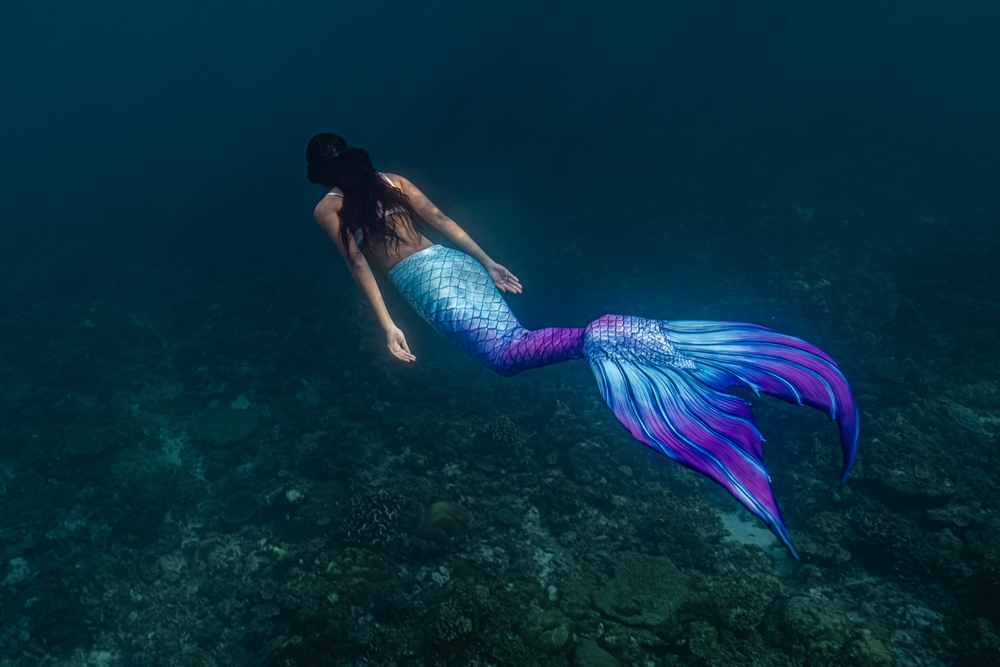
There are a lot of hobbies you can pick up after learning how to scuba dive. Adding water related hobbies into your lifestyle can change your life, create ocean change, and help you #LiveUnfiltered. Be sure to read about other hobbies some divers like to pick up:
- Freediving – Not certified yet? Take your first step toward discovering why freediving is becoming a popular way to explore beneath the waves.
- Mermaiding – Are you curious about our PADI Mermaid courses? Find a PADI Mermaid Center and sign up today!
- Boating/ Sailing
- Host Events or Volunteer To Help Save The Ocean
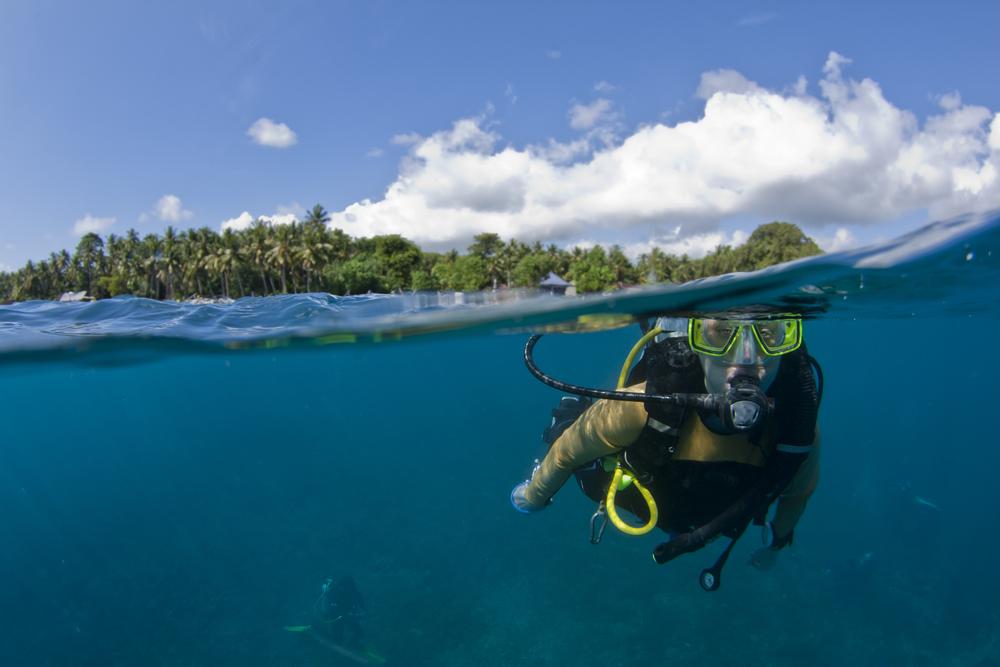
Not A Certified Diver Yet?
Sign up for your eLearning course today, then use our dive shop locator to connect at any time with a PADI Dive Center or Resort (near or far) to complete your in-water training.
